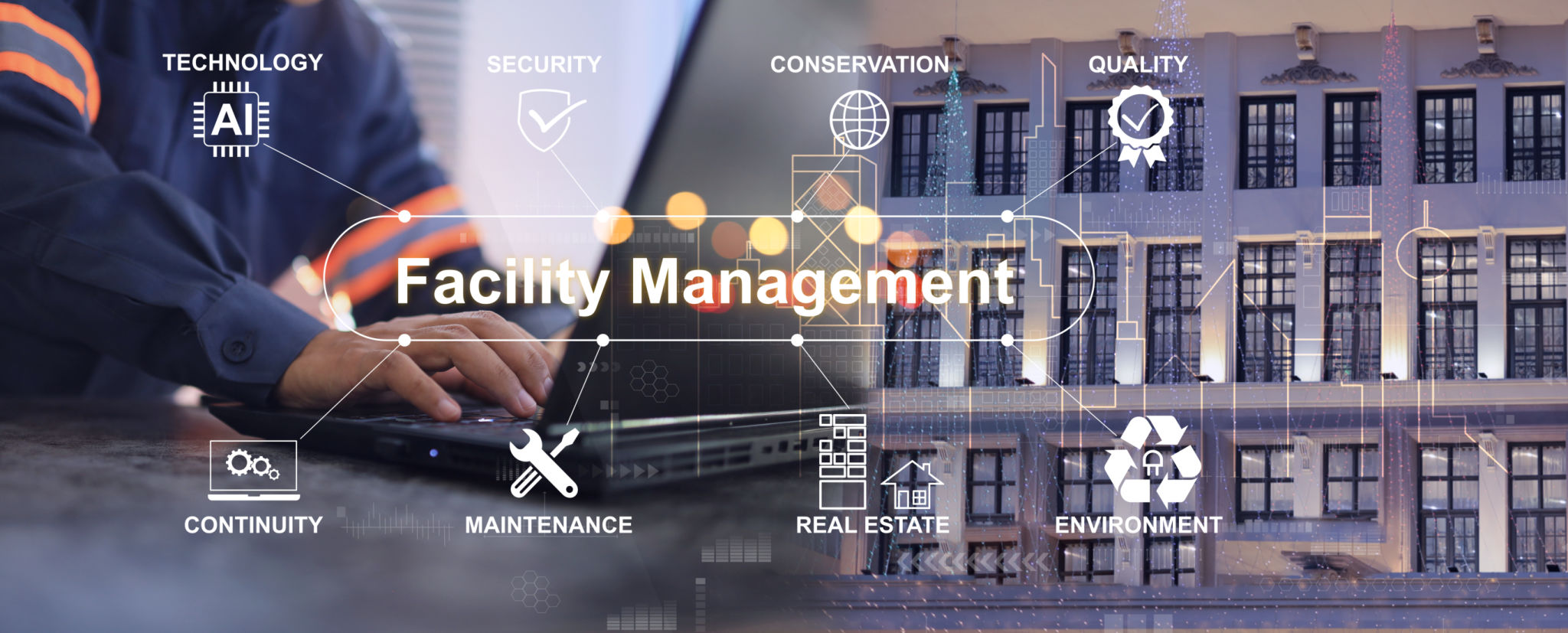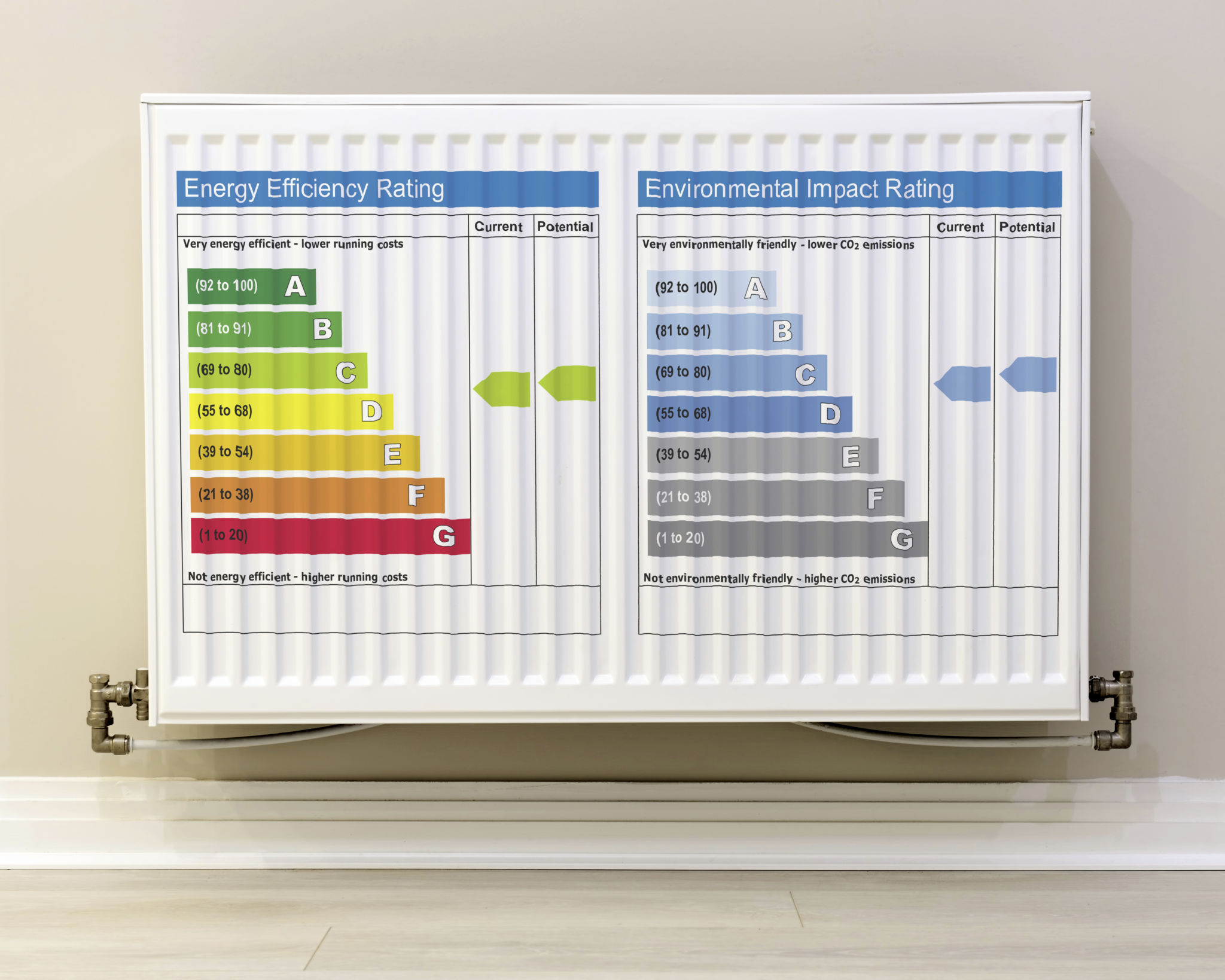Debunking Common Myths About Building Management Systems
JH
Understanding Building Management Systems (BMS)
Building Management Systems (BMS) are essential tools for modern buildings, designed to enhance efficiency and control over various systems such as HVAC, lighting, security, and more. Unfortunately, several myths persist about these systems, leading to misconceptions that can deter businesses from leveraging their full potential.

Myth 1: BMS Are Only for Large Buildings
One of the most common myths is that BMS are exclusively beneficial for large commercial buildings. In reality, BMS can be implemented in buildings of all sizes. Whether it's a small office or a sprawling complex, BMS can be tailored to fit specific needs, enhancing energy efficiency and operational control regardless of the building's scale.
For small to medium-sized enterprises, a BMS can lead to significant cost savings by optimizing energy usage and reducing waste. Moreover, these systems can scale as the business grows, making them a versatile choice for any organization.
Myth 2: BMS Are Too Complex to Operate
Another misconception is that BMS are inherently complex and require specialized training to operate. While it's true that these systems have advanced capabilities, modern BMS solutions are designed with user-friendliness in mind. Most interfaces are intuitive, allowing even non-technical staff to manage and monitor building operations with ease.

Additionally, many BMS providers offer comprehensive training and support, ensuring that staff can effectively utilize the system without extensive technical knowledge. This approach makes it easier for businesses to integrate BMS into their daily operations seamlessly.
Myth 3: Implementing a BMS Is Too Expensive
Cost is often seen as a barrier to adopting a BMS, with many believing that the initial investment is prohibitive. However, this perception doesn't account for the long-term savings and benefits that BMS provide. By enhancing energy efficiency and optimizing system performance, a BMS can lead to substantial reductions in utility bills.
Moreover, the price of implementing a BMS has decreased over time due to advancements in technology and increased competition among providers. Many companies find that the return on investment justifies the initial costs, particularly when considering the enhanced comfort and security a BMS offers.

Myth 4: BMS Are Only About Energy Efficiency
While energy efficiency is a significant advantage of using a BMS, it's not their sole purpose. These systems offer comprehensive solutions for managing various building operations, including security, fire safety, and even predictive maintenance. By integrating these functions into one platform, a BMS provides a holistic approach to building management.
This integrated approach not only improves operational efficiency but also enhances occupant comfort and safety. By providing real-time data and analytics, BMS enable proactive management strategies that can prevent issues before they arise.
The Truth About Building Management Systems
In conclusion, building management systems are versatile tools that offer numerous benefits beyond what common myths suggest. By understanding and debunking these misconceptions, businesses can make informed decisions about implementing a BMS and unlocking its full potential.
Whether improving energy efficiency, enhancing operational control, or ensuring occupant safety, a well-implemented BMS is an invaluable asset for any building. It's time to look beyond the myths and embrace the future of building management.
